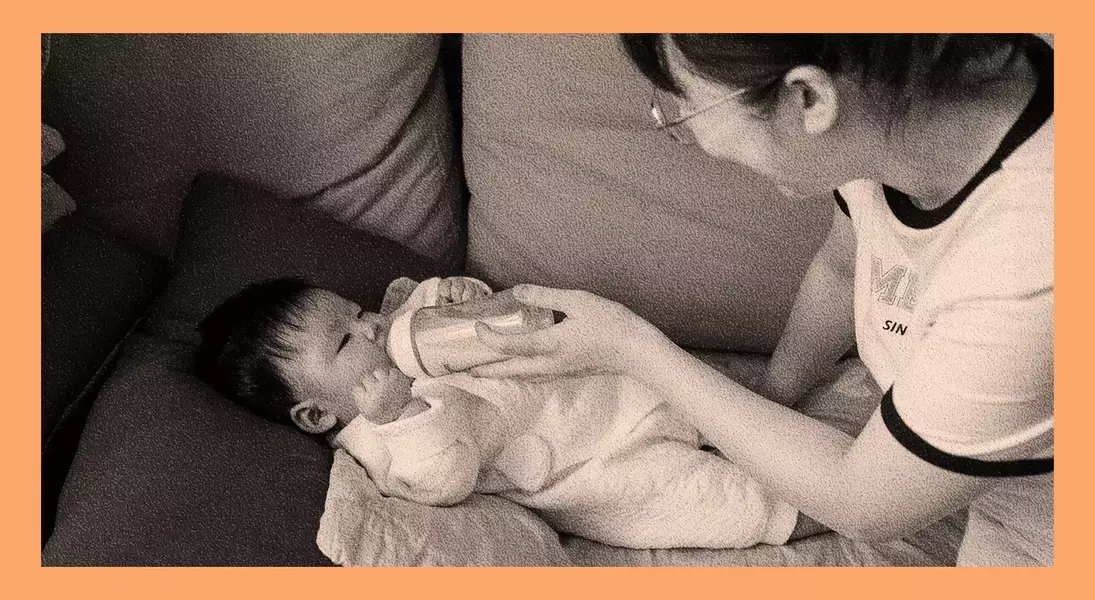
The People's Republic of China confronts an unprecedented demographic challenge as its birthrate ranks among the lowest globally. Simultaneously, the nation’s population is aging, and its labor force is contracting. Projections indicate that by 2035, China's state pension system may become insolvent. In response to this crisis, monetary incentives and free preschool education were incorporated into the Chinese Communist Party’s yearly work report for the current year, aiming to encourage women to bear more children.
Experts in various fields are exploring why Chinese women increasingly choose not to have children despite these measures. Rob Gifford, acting China editor at The Economist, alongside Sarah Wu, Beijing-based correspondent, delve into this issue. They examine societal, economic, and cultural factors contributing to this trend, including the high cost of living, career aspirations, and evolving family dynamics.
One significant factor deterring childbirth is the financial burden associated with raising a child in modern China. Expenses related to housing, education, healthcare, and other necessities can be overwhelming for many families. Furthermore, societal changes, such as increased educational opportunities for women and shifting gender roles, influence their decisions about family planning.
Economic pressures also play a crucial role. Many young professionals prioritize career advancement over starting a family, especially given the competitive job market and long working hours typical in China. Additionally, urbanization has led to smaller household sizes, altering traditional family structures and reducing social support systems that once facilitated larger families.
In conclusion, while financial incentives and educational benefits might alleviate some burdens, addressing deeper socio-economic issues remains essential to reversing China's declining birthrate. Transforming cultural attitudes towards parenthood and providing comprehensive support for working parents could foster a more balanced demographic future for the country.
